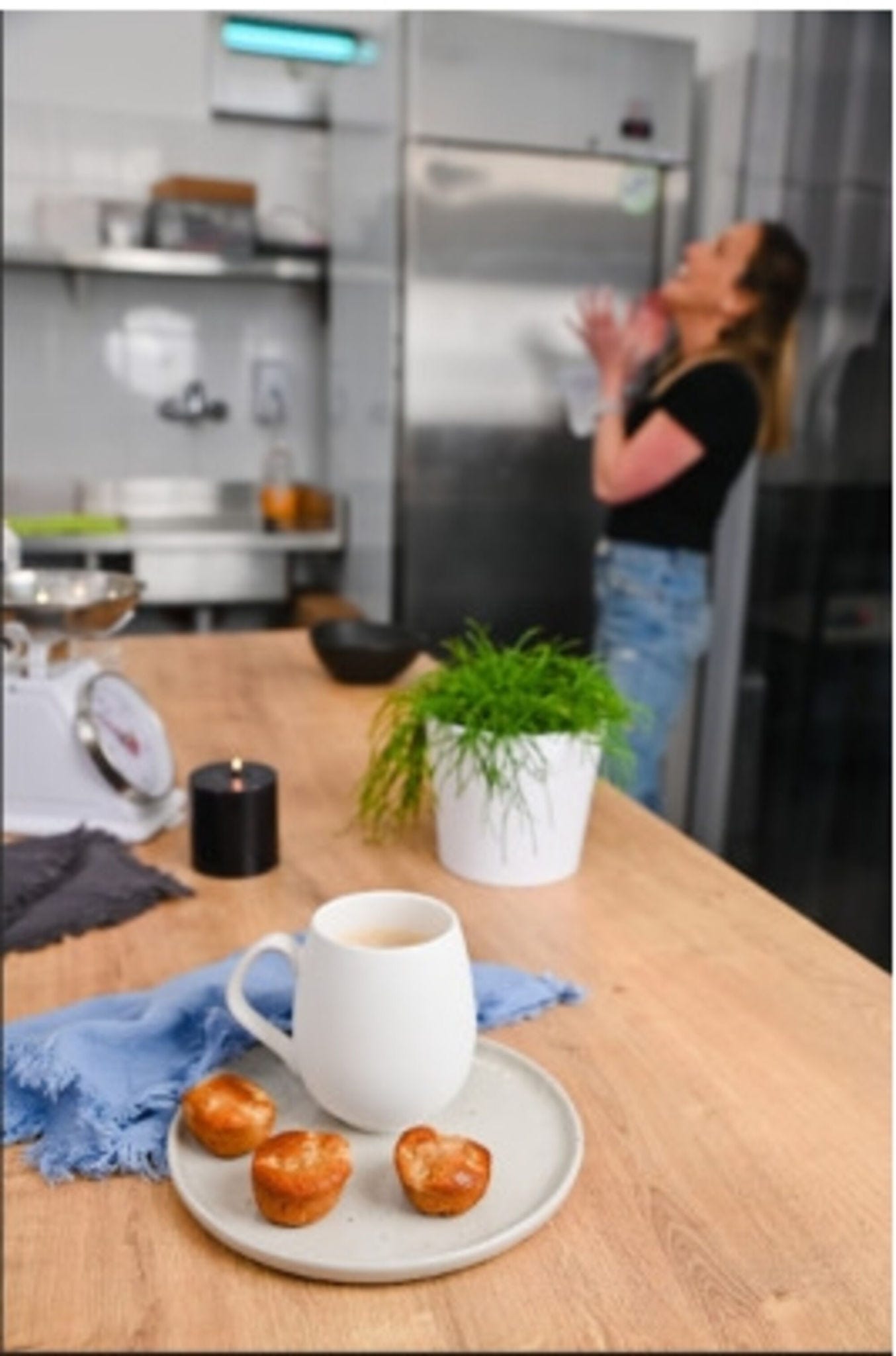CRUSTUM is a Lithuanian bakery SME that started leveraging the services of a local e-commerce platform to expand its sales channels. This strategic move not only allowed them to uphold their commitment to affordable pricing but also enhanced their resilience amidst challenging economic conditions.
Lithuanian bakery SME boosts its visibility through e-commerce

Abstract
Background
CRUSTUM, an SME in the food and beverage sector, specialises in offering more than 100 desserts and baked goods alongside freshly roasted coffee. The bakery has 10 branches in operation across Vilnius and a workforce of 141 employees.
Challenge
Like many bakeries, CRUSTUM faces significant cost pressures due to rising prices of raw materials used in baking, packaging, logistics, energy and other expenses, including payment obligations. Given that the company produces relatively inexpensive products, and that their clients are very price sensitive, CRUSTUM could not afford to lose customers by raising prices in response to external economic conditions. Additionally, with a diverse product range and short shelf lives for many items, maintaining their loyal customers and attracting new patrons through strategic pricing was crucial.
Considering these challenges, the business owners saw the potential of embracing digital solutions and expand their revenue streams. Thus, the company made a decision to venture into e-commerce. Since the COVID-19 crisis, many brick-and-mortar SMEs operating in the retail sector integrated online sales channels in their business models, leveraging e-commerce platforms to enhance business resilience (OECD, 2023[1]). However, establishing a viable e-commerce presence was a challenging task for CRUSTUM to manage on their own.
Digitalisation Path
To achieve their goal, CRUSTUM began collaborating with a local food delivery platform, Wolt, the first of its kind in Lithuania. E-commerce platforms provide SMEs with important channels for growth, granting them access to new markets and enabling them to leverage network effects, enabling them to boost their competitiveness and productivity (OECD, 2023[1]). This was the case for CRUSTUM, as leveraging Wolt’s food delivery services allowed them to diversify their sales channels, increase their visibility and expand their customer base. For the past five years, CRUSTUM has been serving online customers, continually integrating other delivery platforms and seeking efficient methods to boost online sales.
Approach
Online sales, particularly through platforms like Wolt, enable CRUSTUM to reach a broader client base. Specifically, online sales provide a steady flow of product transactions ensuring that the company secures some sales in locations where they would otherwise have minimal foot traffic during weekdays, such as shopping malls. The business does most of its sales in such locations during weekends, the need to keep the bakeries open during the week remains. Additionally, being present on platforms like Wolt also enables them to showcase various products, including seasonal items, bakery goods suitable for gifts, and products with longer shelf lives that are often overlooked by shoppers who come to their bakeries.
Government Support
CRUSTUM has not participated in any government (national or local) programmes for the digital transformation of SMEs and is unaware if there are initiatives that could be relevant to them. However, after COVID-19, the Lithuanian government implemented a programme allowing the deferral of tax payments. This initiative significantly aided CRUSTUM in managing their cashflow effectively and resuming normal business operations.
To learn more about SMEs digital transformation
OECD (2021), The Digital Transformation of SMEs, OECD Studies on SMEs and Entrepreneurship, https://dx.doi.org/10.1787/bdb9256a-en.
OECD (2021), SME Digitalisation to Build Back Better, https://doi.org/10.1787/f493861e-en
References
[1] OECD (2023), SMEs in the era of hybrid retail: Evidence from an OECD D4SME survey, No. 41, OECD Publishing, Paris, https://doi.org/10.1787/882f30b0-en.
Related content
-
 Case study10 June 2024
Case study10 June 2024 -
 22 November 2022
22 November 2022



